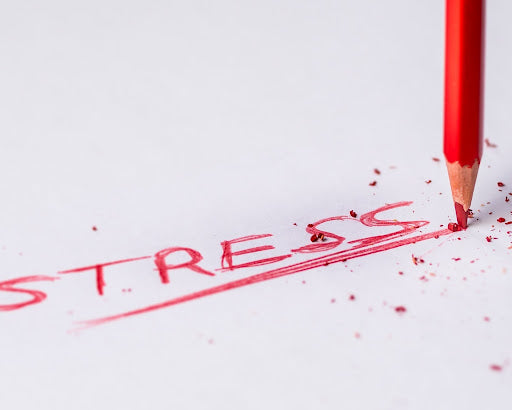Whether you have a lot on your plate at work or are dealing with some personal issues, there is a lot of stress to go around — especially around the holidays. From dealing with a global pandemic and managing difficult projects at work to family turmoil, there are a lot of factors that can cause stress in your life.
Stress can take its toll on an individual’s health, but recent studies have found that stress can be a risk factor for sleep apnea. When doctors treat patients for related health conditions, it’s imperative that they also test for sleep apnea to ensure the treatment they need. To better understand the relationship between stress and sleep apnea symptoms, follow along as ApneaMed explains the connection.
The Connection Between Sleep Apnea and Stress
Obstructive sleep apnea is a sleep disorder that causes the individual to experience cessations in breathing throughout the night. This occurs when the soft tissues in their throat collapse and block the airway, leaving the patient gasping, choking, or snoring in an attempt to reopen their airway. As a result, the individual often feels unrested, unmotivated, and lethargic throughout the day, leading to feelings of stress and anxiety.
When a patient with sleep apnea is dealing with stressors, they are more likely to experience worsening sleep apnea symptoms. Stress impacts a person’s emotional, mental, and physical health, which directly impacts their sleep quality. Stress can cause an individual to take on unhealthy habits, such as overeating, not working out, or drinking too much caffeine.
Stress and sleep apnea, when untreated, cause a vicious cycle. Too much stress will make it more difficult to fall asleep. Sleep apnea will cause them to have poor sleep quality. Both of which lead to the individual feeling unrested and relying on unhealthy habits to keep them energized throughout the day, making it more difficult to fall asleep.
By treating sleep apnea and managing their stress and anxiety, patients will be able to get a more sound night’s sleep.
How to Reduce Stress Levels
No matter why your patient is dealing with heightened stress, they must find ways to reduce their stress levels. Here are a few techniques individuals can take to mitigate the problem and lower the risk of sleep apnea:
By adding these techniques to their daily routine, individuals will be able to more successfully manage their stress and reduce the risk of stress-induced sleep apnea.
The Importance of Sleep Apnea Testing
A home sleep study is more affordable and less time-consuming than a standard sleep study. The individual will receive the home sleep test and instructions on administering an overnight unattended sleep study. While sleeping, the device will record the patient’s blood oxygen levels, heart and breathing rates, and how often their body moves blood oxygen saturation.
Following the self-administered test, the results will be analyzed by one of ApneaMed’s board-certified sleep physicians. They will provide a recommended treatment for sleep apnea, which provides the best results when the individual is also undergoing stress management techniques. Standard treatment is the use of an automatic positive airway pressure machine, otherwise known as APAP.
Contact our team to learn more if you have any questions about ApneaMeds’ at-home sleep apnea test or our sleep apnea treatment equipment.

